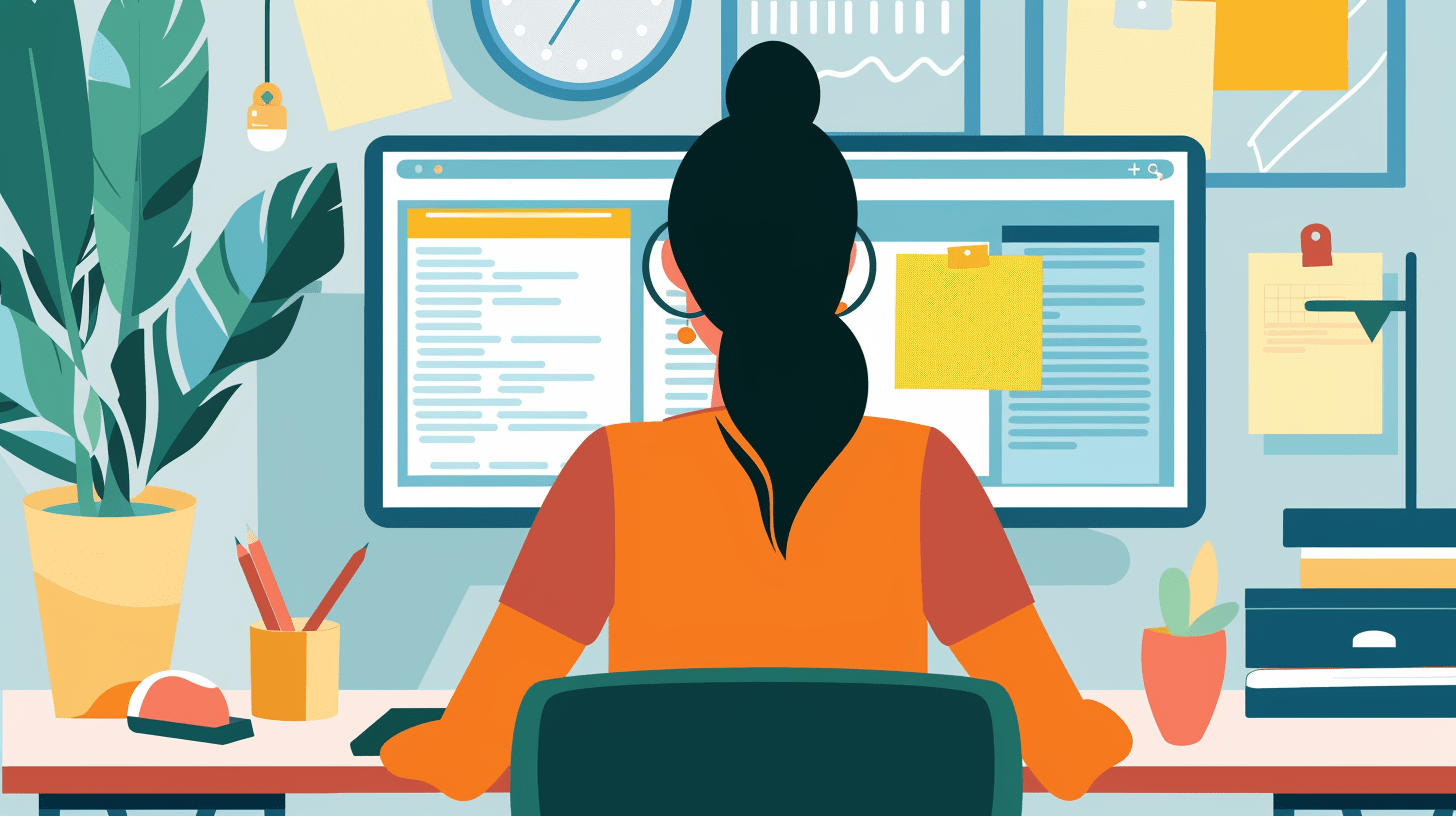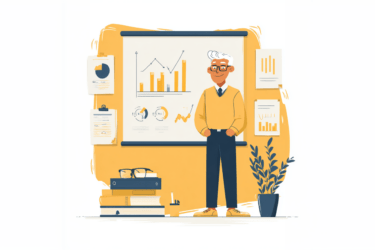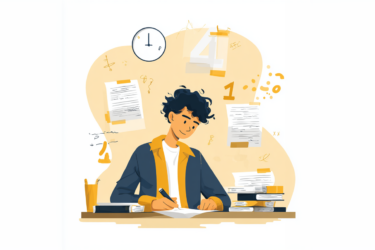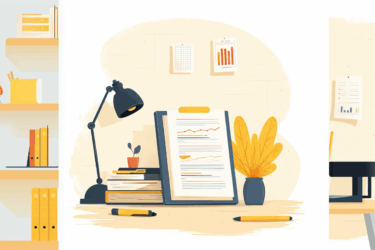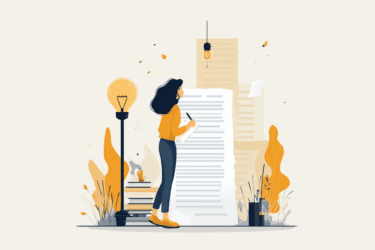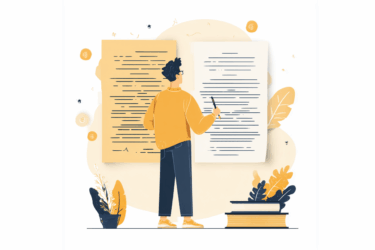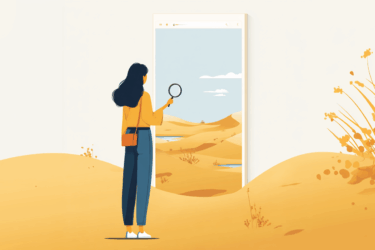The emergence of AI has become a game-changer for educators. Before, teachers mostly worried about assignments’ originality, intending to prevent students from copying. Plagiarism checker online tools have become a reliable solution for this issue. However, the text-generating chatbots have turned all the essay-checking routines upside down. Why would one write the text originally or even copy it from somewhere if they can simply ask Chat GPT to produce it now? If so, in 2024, the teachers should be stressless regarding originality matters, and check the essays for AI only.
However, any instructor would confirm that, for better or for worse, plagiarism hasn’t disappeared from the students’ assignments. If anything, it has become even more intricate, since the text now can be not original and AI-generated. Hence, the plagiarism problem has become more of a burning issue than ever. Let’s look into the main cases of originality-related cheating in 2024.
Deliberate plagiarism
Copying assignments on purpose is still a thing, as many students are aware of the trickiness of AI cheating and the existence of AI-checking software. Hence, they reserve to the old familiar tricks like poor paraphrasing in attempts to conceal copying or just don’t cite their sources trying to pass the work for their own.
Accidental plagiarism
Accidental plagiarism, when one repeats someone else’s ideas by pure coincidence, also still happens in the AI-challenged era. Students can mistake certain conceptions for common knowledge, or forget to cite their sources properly. It happens, that several minds just come up with the same conclusions. In any case, checking for plagiarism can ensure avoiding repercussions, as even unintentional copying is still a violation.
AI plagiarism
And here comes the tricky part, the brand-new form of plagiarism induced by the AI! The thing is, chatbots are incapable of creating original content. They just generate the data based on all the content they have been trained at. This amount is enormous but still limited. Hence, any AI output is formally plagiarism, as chatbots never reference the sources. So, while it is completely normal and even beneficial to use AI for assistance, it is unacceptable to ask a chatbot to generate the text instead of the author and try to pass it as human writing.
Do AI-generated texts are flagged as plagiarised by originality checkers? Not always. Sometimes, plagiarism detectors do catch similarities to the existing content. However, AI chatbots paraphrase the writing, and take data from various sources, making the final text sound like a unique piece. The root of the problem, however, remains the same, as their output is based on someone’s work, and the author remains unreferenced.
As we see, AI has not supplanted plagiarism but has made things even more confusing.
PlagiarismCheck.org helps teachers to withstand all modern challenges through high-tech solutions! AI text detector combined with a plagiarism checker will get you covered, and LMS integrations will make your workflow seamless. Try it now for free!
